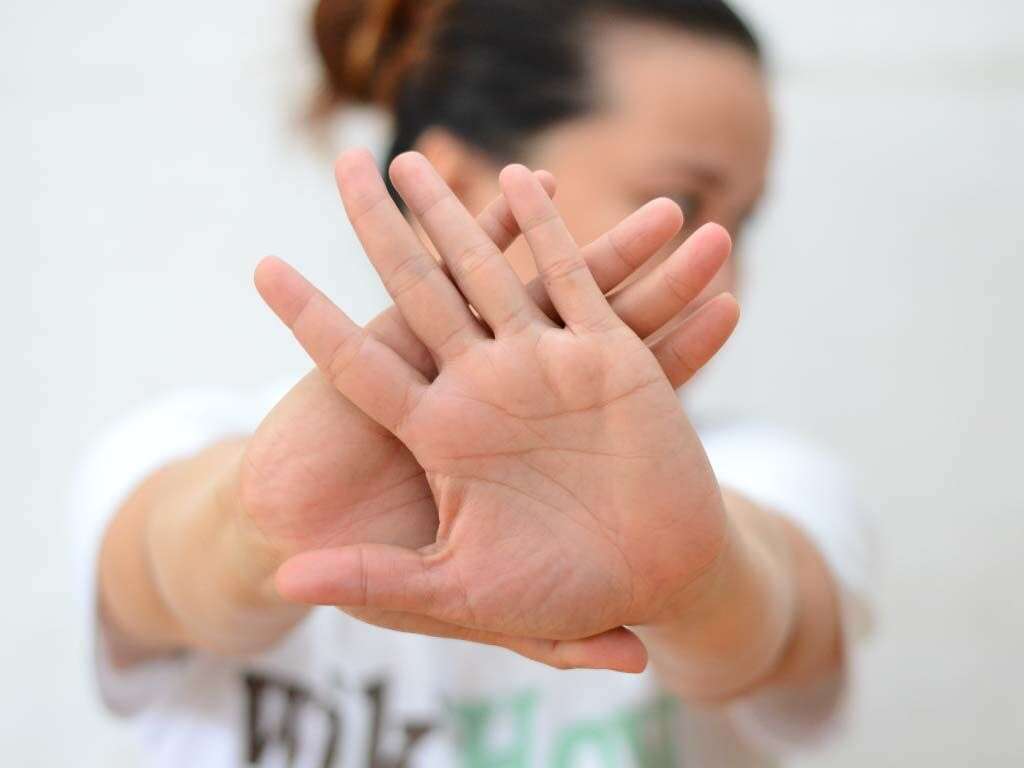10 Dysthymia Symptoms
 Article Sources
Article Sources
- 1. 'Table 3.5, DSM-IV to DSM-5 Dysthymic Disorder Comparison - Impact of the DSM-IV to DSM-5 Changes on the National Survey on Drug Use and Health - NCBI Bookshelf.' June 2016. National Center for Biotechnology Information, www.ncbi.nlm.nih.gov/books/NBK519704/table/ch3.t6/
- 2. 'Persistent Depressive Disorder (dysthymia) - Symptoms and Causes.' Mayo Clinic, 8 Dec. 2018, www.mayoclinic.org/diseases-conditions/persistent-depressive-disorder/symptoms-causes/syc-20350929
- 3. 'Social Anxiety Disorder: More Than Just a Little Shyness.' Jefferson, M.D., J. W. 3 Feb. 2001. PubMed Central (PMC), www.ncbi.nlm.nih.gov/pmc/articles/PMC181152/
- 4. 'Know the Signs of Job Burnout.' Mayo Clinic, 21 Nov. 2018, www.mayoclinic.org/healthy-lifestyle/adult-health/in-depth/burnout/art-20046642
- 5. 'Anger attacks in depression.' Fava, M., & Rosenbaum, J. F. Aug. 1988, PubMed. https://pubmed.ncbi.nlm.nih.gov/9809215/
- 6. 'Depression and Sleep: Understanding the Connection.' Johns Hopkins Medicine, Based in Baltimore, Maryland, www.hopkinsmedicine.org/health/wellness-and-prevention/depression-and-sleep-understanding-the-connection
Interrupted Sleep Patterns
According to Johns Hopkins Medicine, 75 percent of people with dysthymia and other depressive disorders have difficulty falling asleep. Once they're sleeping, numerous nighttime wake-ups can make it difficult to get back to a state of deep sleep.
It's common for people with dysthymia to not get enough slow-wave sleep. This is the most restorative sleep stage and it's needed to wake up feeling well-rested. Interrupted sleep patterns commonly lead to daytime sleepiness, which can cause other dysthymia symptoms to become worse.6‘Depression and Sleep: Understanding the Connection.’ Johns Hopkins Medicine, Based in Baltimore, Maryland, www.hopkinsmedicine.org/health/wellness-and-prevention/depression-and-sleep-understanding-the-connection
Advertisement










